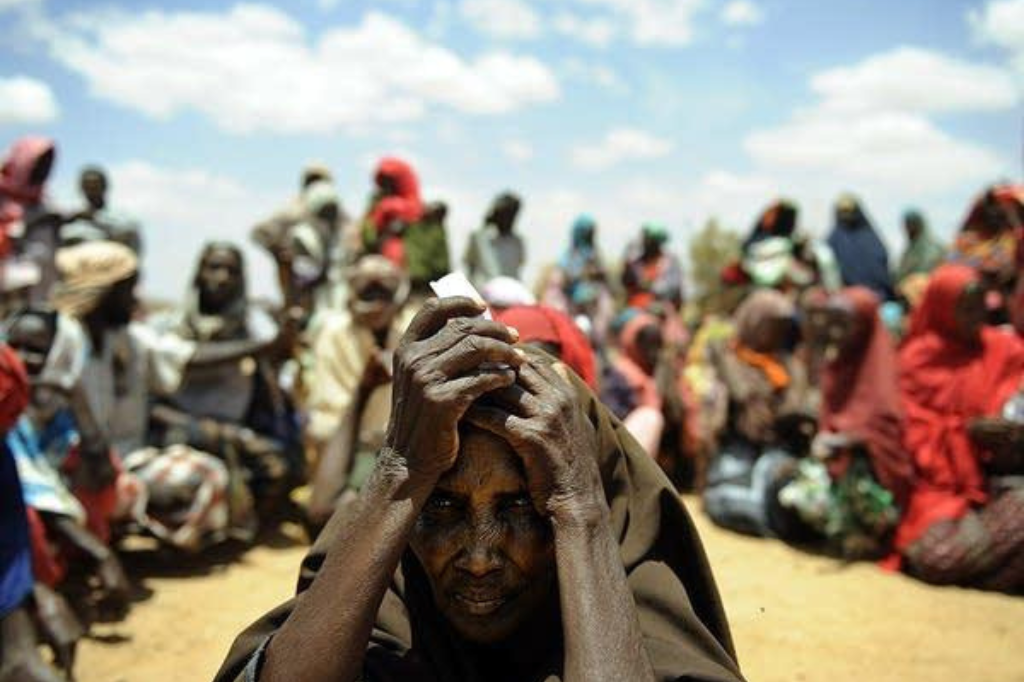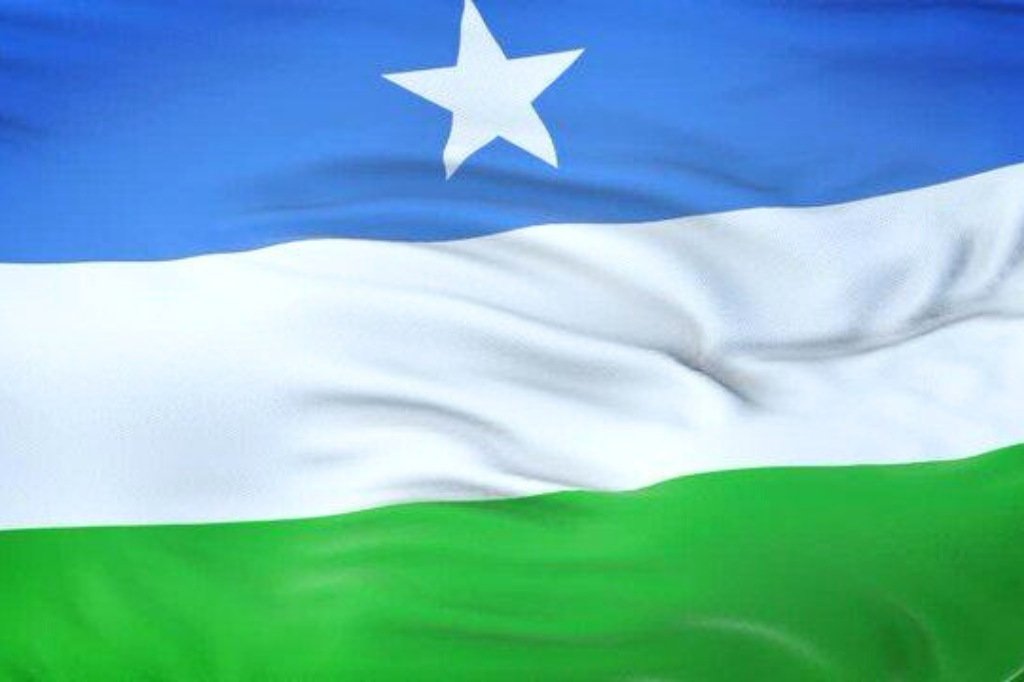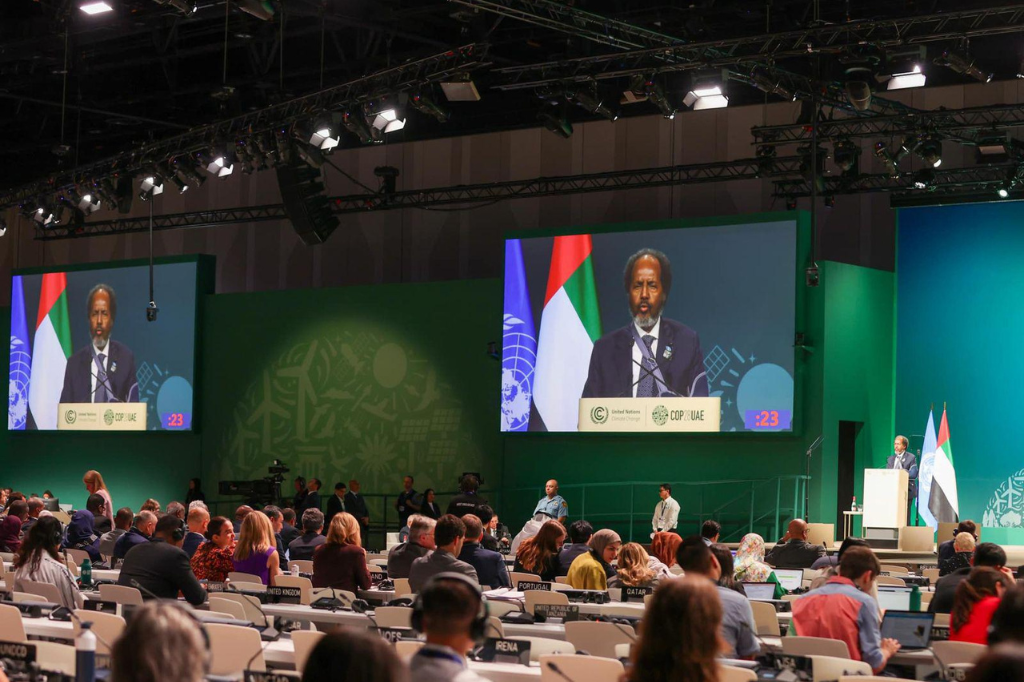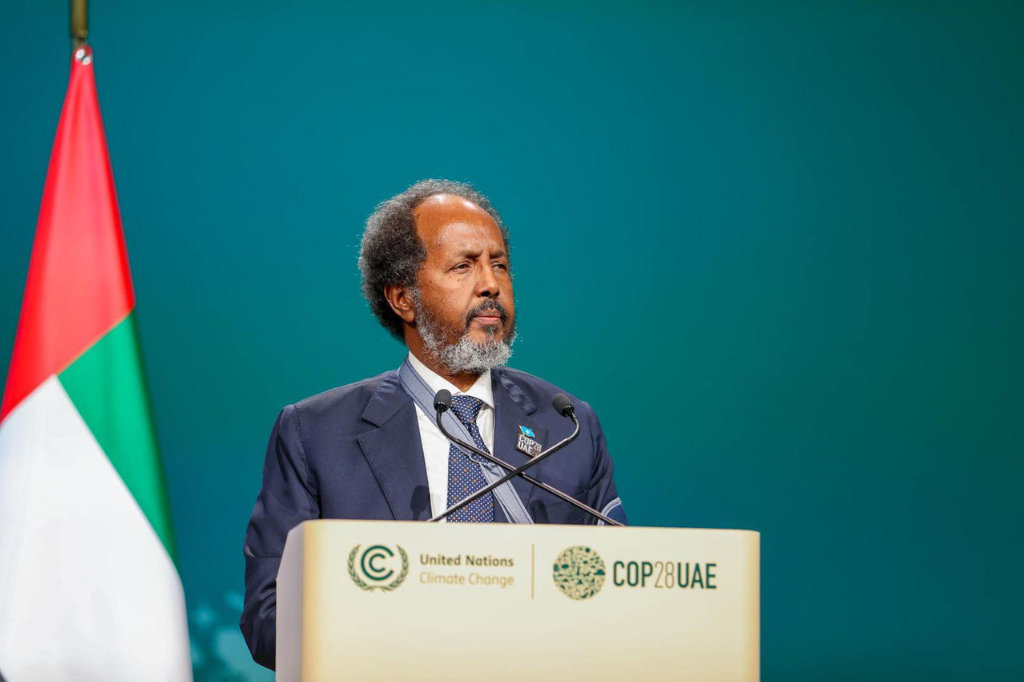
Investing in Climate Diplomacy: A Call To Scale Up

In recent years, human-induced climate change has emerged as one of the most pressing challenges of our time, posing a significant threat to food security and poverty reduction efforts. The increasing challenges associated with the climate crisis in developing countries have necessitated a shift toward prioritising environmental and climate issues in global diplomacy.
However, Somalia’s voice in this evolving issue has been overshadowed by the ongoing political instability, the war on terror, and other state-building priorities which has left discussions about the country’s climate crisis in the background. This hasn’t only become an impediment to meaningful climate diplomacy but also hinders Somalia’s quest for climate justice.
Though the country has experienced a spike in climate consciousness resulting in a recent establishment of a ministry, albeit small, dedicated to this very issue, the idea of climate diplomacy remains alien. With the growing impact of climate crisis especially climate induced disasters such as persistent droughts and floods, Somalia cannot afford to put climate diplomacy on the back burner. To achieve climate justice, Somalia must invest in robust environmental and climate diplomacy that places Somalia at the centre of the global climate dialogue engagements.
Why does climate diplomacy matter?
Climate diplomacy has been an important pillar in global carbon emission talks, establishing effective collaboration mechanisms for climate action, implementing international environmental and climate agreements, and utilising diplomatic channels to accelerate collective responsibility in tackling climate crisis. It has been, and continues to be, the cornerstone of climate action. It facilitates the process of establishing international climate rules and norms, through diplomatic negotiations and agreements between nation states. Without climate diplomacy, much of the global progress that has been made wouldn’t have been possible.
What makes climate diplomacy exceptionally important is, firstly, the economic and security impacts resulting from human-induced climate change remains one of the most significant threats to global security today, endangering economic infrastructure and global stability. The extent of the risks associated with the climate crisis require collective participation, response, and collaboration among international communities. Climate diplomacy aims to facilitate this collaboration to achieve common interests among countries.
Secondly, the increasing climate-induced crisis have led to rising social, and environmental consequences. Mitigating and adapting to such unprecedented impacts are key drivers of the need for climate diplomatic negotiations.
Lastly, and perhaps most importantly, ensuring climate justice. The climate-induced crisis has disproportionately affected the poor and the most vulnerable communities. Ensuring their right to access climate justice is what climate diplomacy stands for. However, it is noteworthy that the role of climate diplomacy is merely to facilitate collective commitments in response to the rising climate crisis and to establish cooperation channels. The implementation role lies in the hands of each country, entity, and actors involved.
From crisis to commitments
Somalia has faced catastrophic climate events that have had lasting negative impacts, both economically and environmentally. Historically, the country has made minimal contributions to global carbon emissions and has consistently ranked among the least contributing countries.
Despite its minimal global emissions, Somalia remains committed to participating in global climate initiatives, demonstrating its dedication to a shared responsibility for climate action.
The current administration has taken significant steps in this regard by establishing a new ministry, Ministry of Environment and Climate Change (MoECC), tasked with leading Somalia’s environmental agenda and climate action. The country has also previously submitted its National Determined Contribution (NDC report), Initial National Communication Report (INCR), First Biennial Update Report (BUR1), Voluntary National Review Report (VNR), and has adopted national adaptation strategies.
Furthermore, the Ministry of Environment and Climate Change (MoECC) has recently initiated new guidelines to reduce the emission of ozone-depleting substances. Despite being in its early stages, the Ministry has achieved significant milestones, including the adoption of the Environmental Management Bill.
These commendable local efforts are crucial in addressing climatic disasters. However, it’s essential to recognise that Somalia cannot combat climate catastrophes alone. The challenges facing the country are immense, including a lack of resources, limited access to adaptation funds, and a shortage of financial capital, all of which hinder successful adaptation efforts.
The missing piece of the puzzle is substantial support to scale up these initiatives. This support can be achieved through meaningful climate diplomacy, requiring a collective effort, coordinated commitment, and a unified approach not only from the Ministry of Environment but also from relevant ministries at the state and federal levels.
Somalia’s regional and continental role
Due to increasing losses and damages resulting from climate change, countries have been engaging regional and multilateral diplomatic dialogues to voice their interests. While the African continent has engaged in climate diplomacy with one voice, many of the demands put forward by the African group of negotiators are often overlooked, making it difficult for developing and low-income countries, particularly African states, to echo their needs.
This necessitates empowering the continent’s role in climate diplomacy. In recent years, the continent has accelerated its regional and continental forums dedicated to facilitating the continent’s strategic efforts to access climate justice. One of the leading forums is the African Ministerial Conference on the Environment (AMCEN), with its core mandate being to facilitate a mechanism for member states to accelerate environmental protection, sustainable economic growth, and ensuring the continent’s role in global dialogues. There’re also nascent forums such as the African Climate Summit.
Last month, the AMCEN was held in Ethiopia’s capital, Addis Ababa. Despite voicing the need for Somalia’s active participation, we haven’t heard any news, statement regarding Somalia’s participation, from neither (MoECC), nor the Foreign Ministry (MofA). These regional and continental forums are crucial. This is where you forge alliances. We cannot have meaningful diplomacy unless we accelerate continental influence.
Our ministry should go beyond local discourse. It should focus on engaging these high-level regional and continental forums, ensuring that our case isn’t just heard but also acted upon. As we’re heading to crucial global events such as Cop28, UNEA-6, and UNCCD-COP16, it is important that the MoECC, the MofA, and relevant stakeholders intensify their efforts.
The world needs to hear Somalia’s voice loud and clear and, more importantly, extend equitable resources to support the nation’s fight against environmental challenges and climate-induced disasters.
Strengthening Somalia’s climate diplomacy
It is commendable that we have seen increasing diplomatic efforts in recent years. It’s also commendable that we have doubled our stakeholder engagement. However, many of these engagements have not produced tangible outcomes, partly due to the country’s political and security priorities. The country has been struggling to overcome armed conflicts and poverty, which has led to a focus on state-building while leaving the climate crisis behind. This policy approach needs to be reshaped because the two issues are not mutually exclusive.
To achieve productive climate and environmental diplomacy, which can facilitate Somalia’s efforts in tackling the climate crisis and ensure access to climate justice, several policy approaches can be implemented:
1) Integrating climate diplomacy into our foreign policy. As the country is experiencing extreme climatic conditions, the business-as-usual model of foreign policy is not a viable option. It won’t be sustainable in the long run. Somalia needs to reshape its foreign policy. The threads of climate change can no longer be sidelined. The focus should shift from solely prioritising state-building to addressing the climate crisis. Accelerating our diplomatic efforts and echoing Somalia’s climate, energy security, and economic interests through bilateral, regional, and continental negotiations is what this administration and those to come must ensure. This can be achieved through collective commitment from all relevant line of ministries including MoECC and MoFA.
2) Investing in climate knowledge: Somalia, like many other least developed countries (LDCs), lacks the necessary resources and expertise to address climate change effectively. To accelerate the country’s role in climate action, emphasis should be placed on mainstreaming climate change knowledge through the academic sector and public-private partnerships. Higher academic institutions can play a vital role in advancing environmental awareness and climate education by incorporating climate change dialogues into research programs and curriculums; ensuring producing capable climate-informed graduates.
3) Investing in youth. Much has been said about youth involvement and empowerment, but the significance of their participation should extend beyond mere rhetoric; it must manifest in meaningful actions. The country’s long-term climate and environmental policies cannot be achieved without the involvement of youth and women. With more than 70% of the country’s population being youth, involving them in climate negotiations and representative delegations is essential for the future and will help Somalia overcome the current expert deficit. Giving youth platforms and opportunities to engage in climate discussions and decision-making processes is a good start.
With these strategies and political will, Somalia can work towards achieving its strategic goal of climate justice.
In conclusion, without the necessary investment in environmental and climate diplomacy, Somalia will find it challenging to fulfil its commitments to climate action, confront the losses and damages that result from human-induced climate change, and access climate justice. The country’s quantifiable and non-quantifiable losses and damages from climate change have doubled in just the last decade, putting Somalia’s population at risk. Addressing this existential threat requires investing in climate education, robust bilateral and multilateral climate diplomacy, and prioritising Somalia’s access to adaptation funds.
- Tags: climate change, Diplomacy, Environment, Somalia
Mahbub Mohamed Abdillahi
Related News




Somalia’s Single-Use Plastic Bag Ban Was Long Overdue

Election in Puntland: A Historical Overview


Somalia at COP28 Recap: Key Highlights and Outcomes

Breath of Fresh Air: The Force Behind Mogadishu’s Newfound Security

